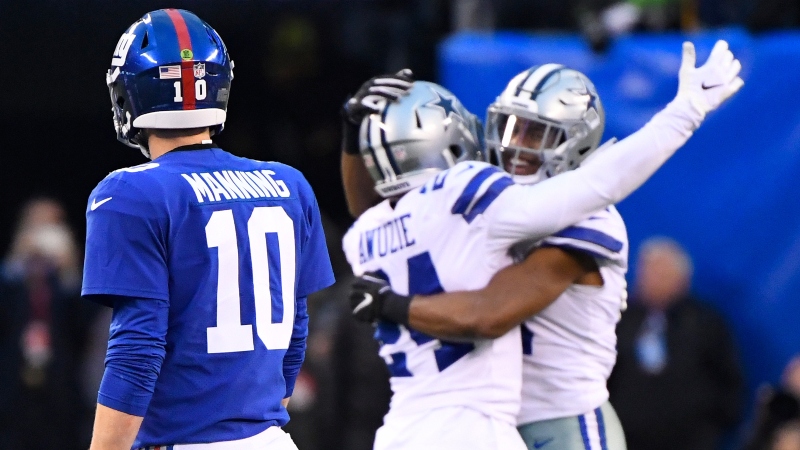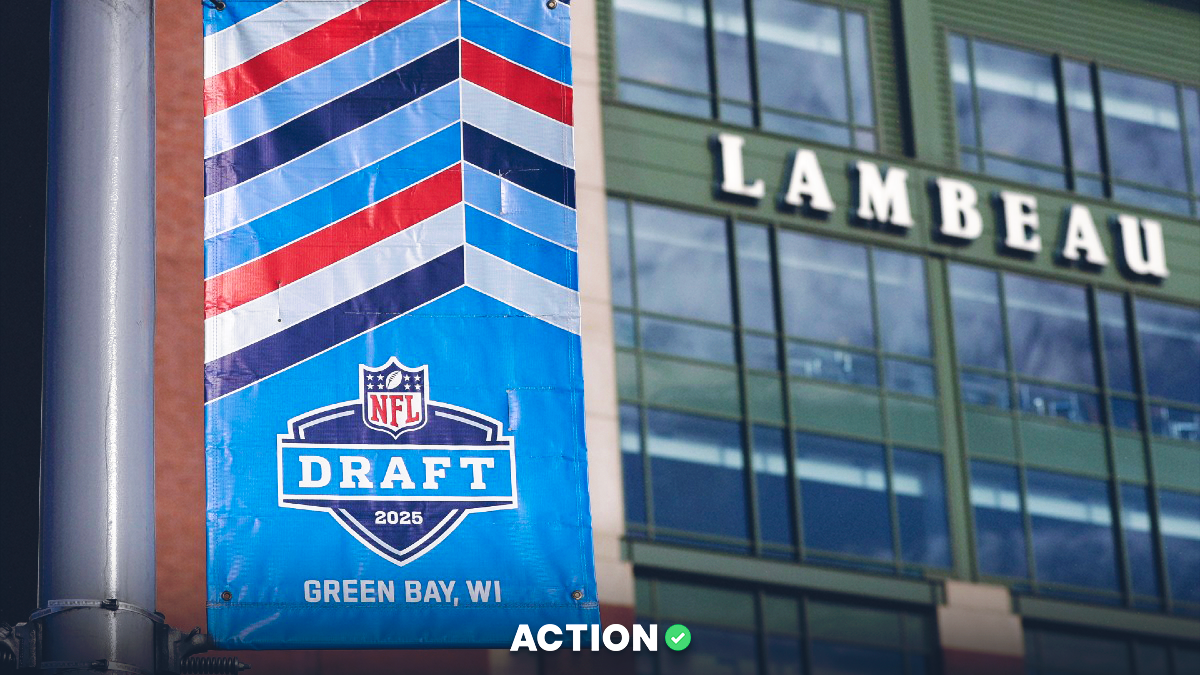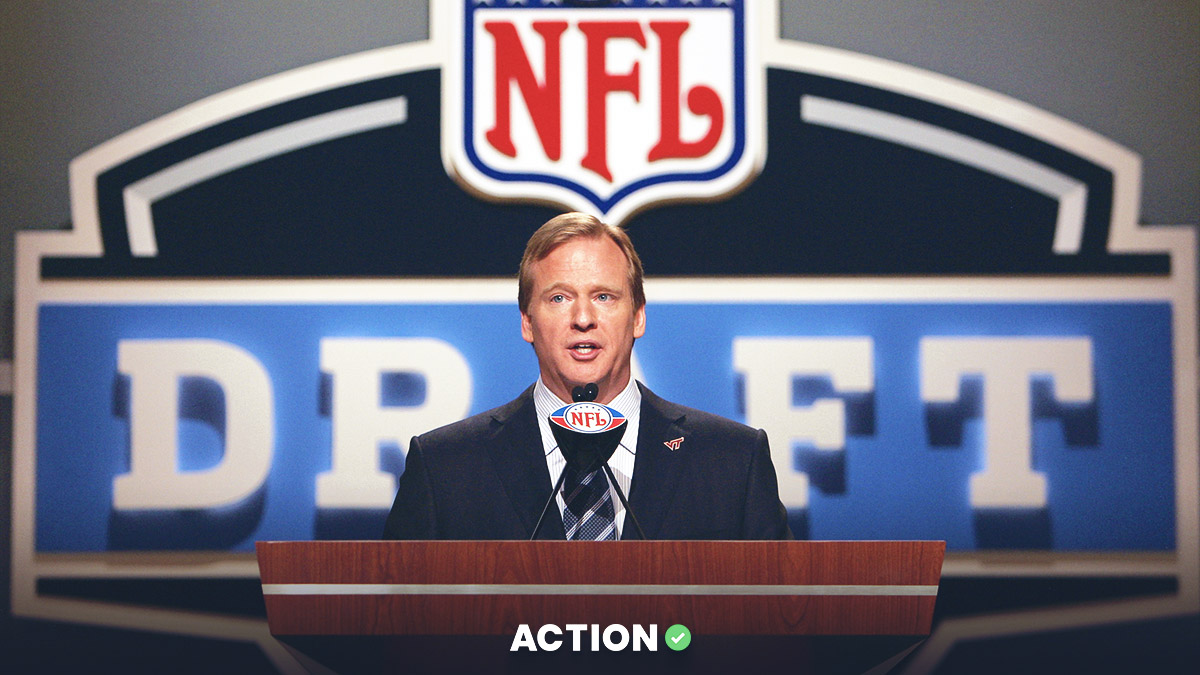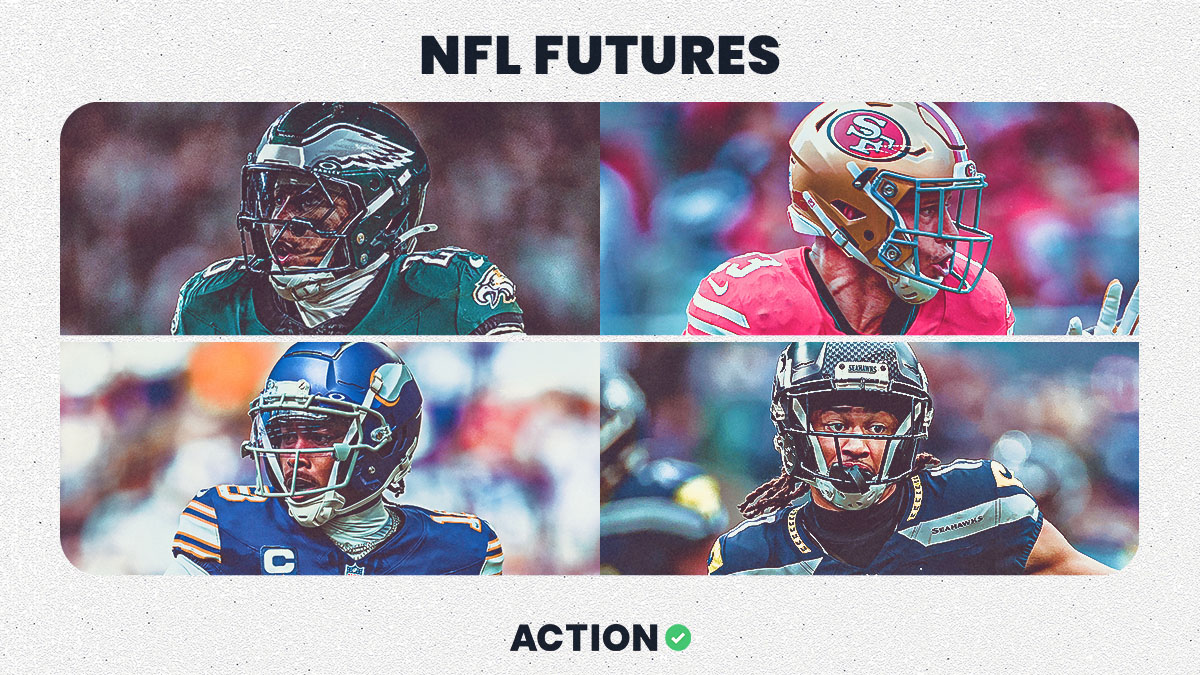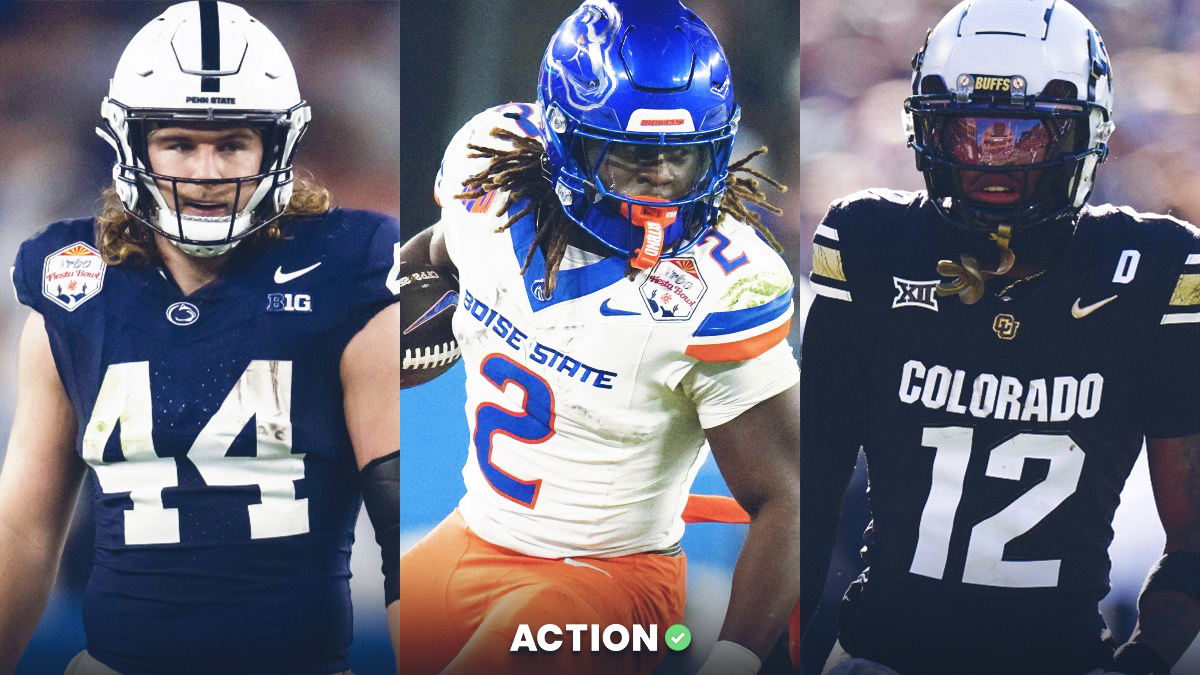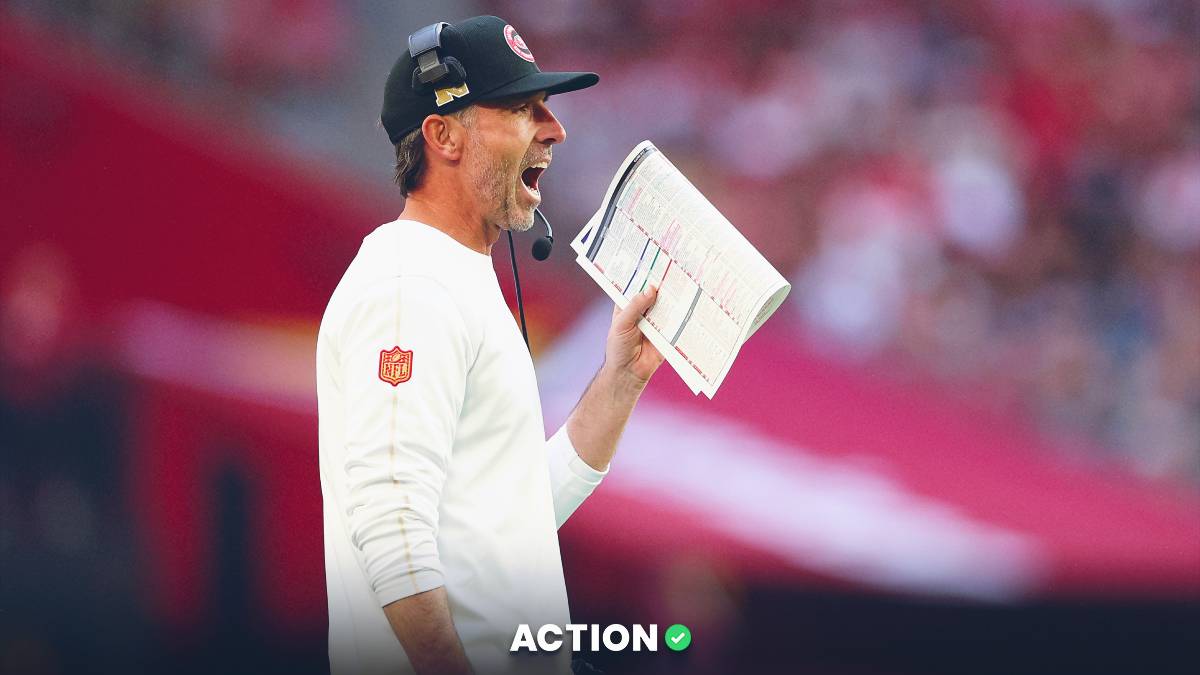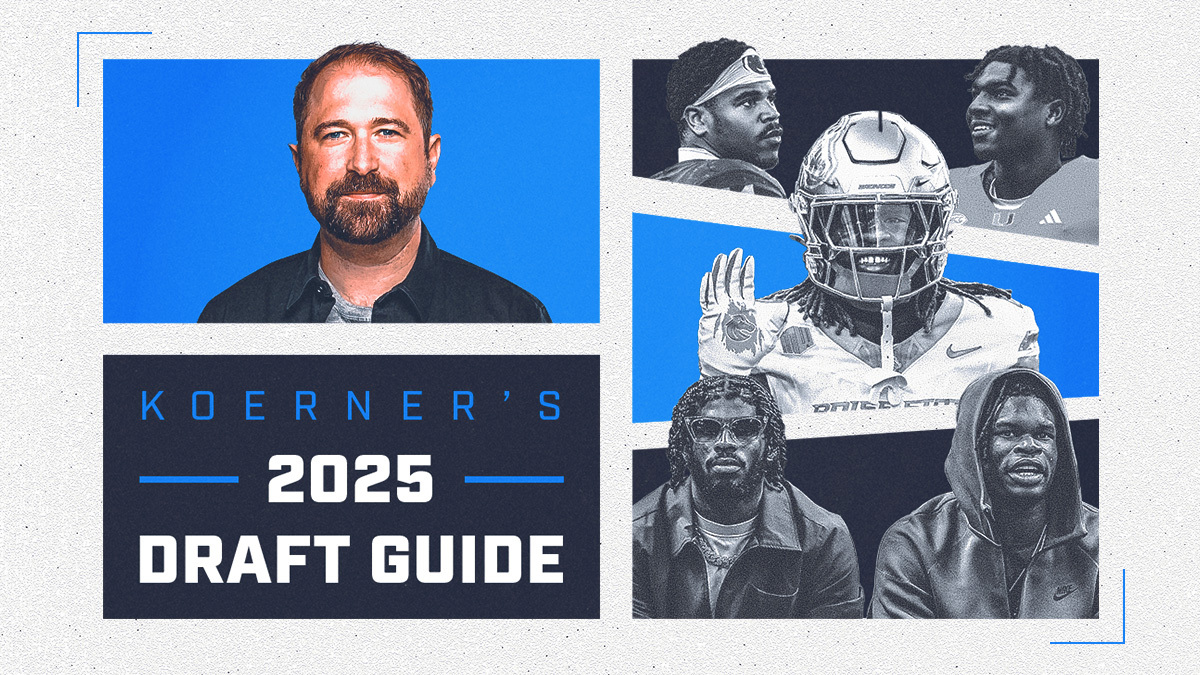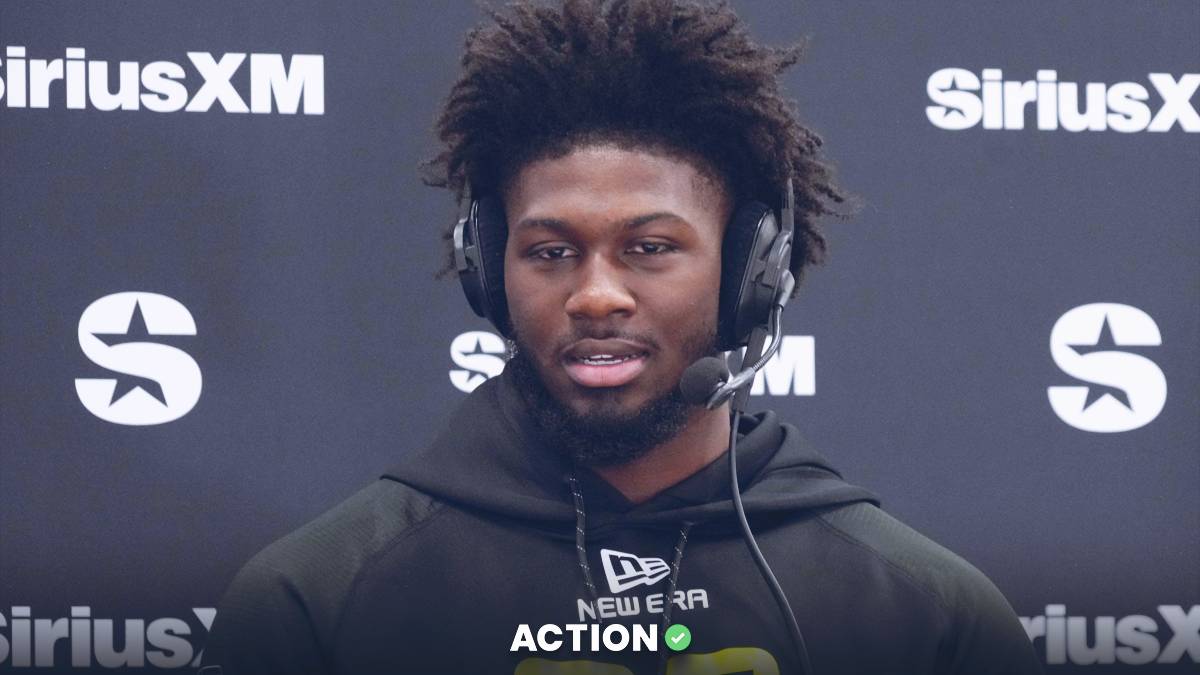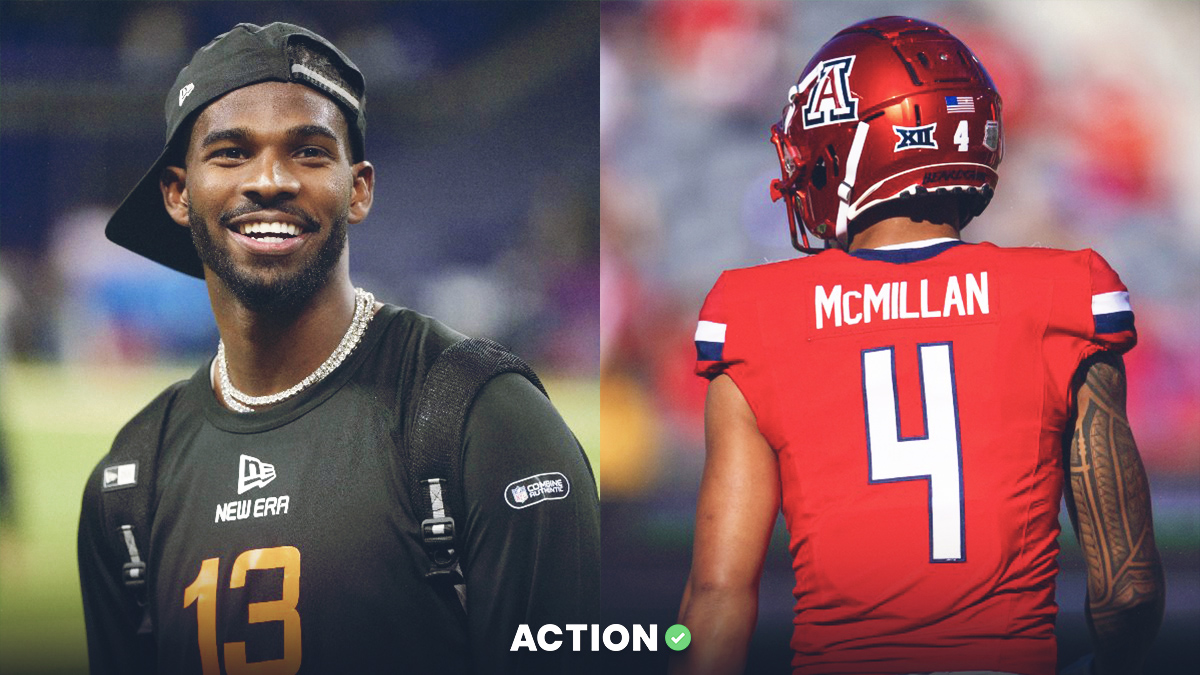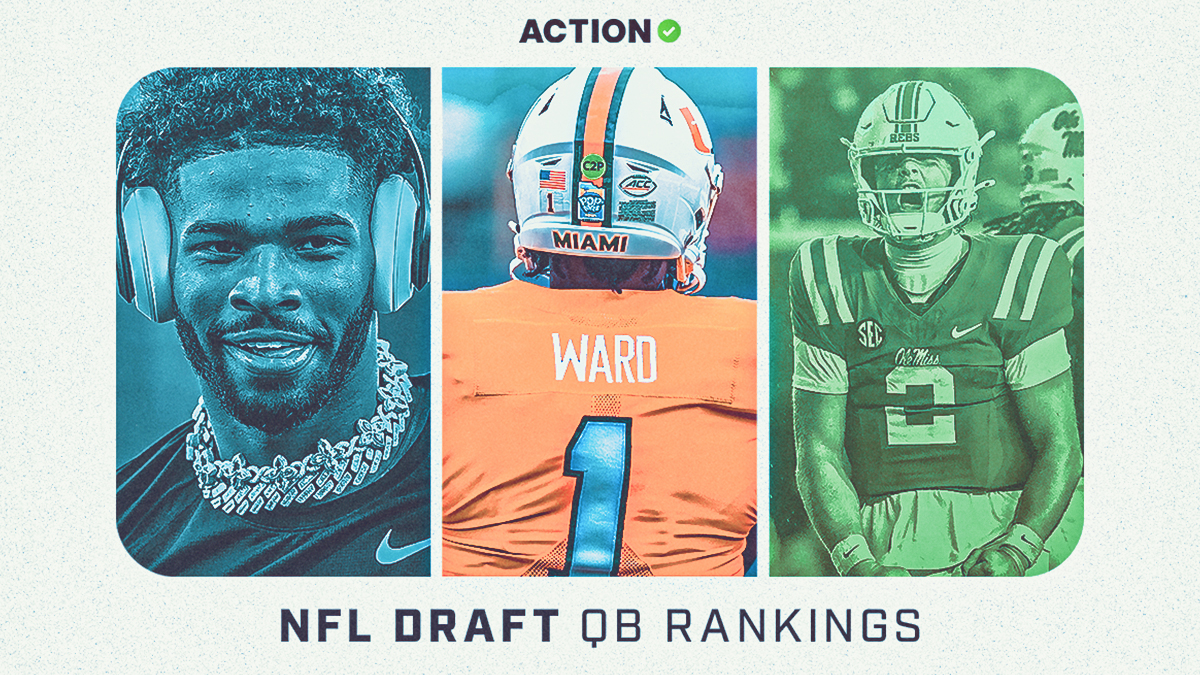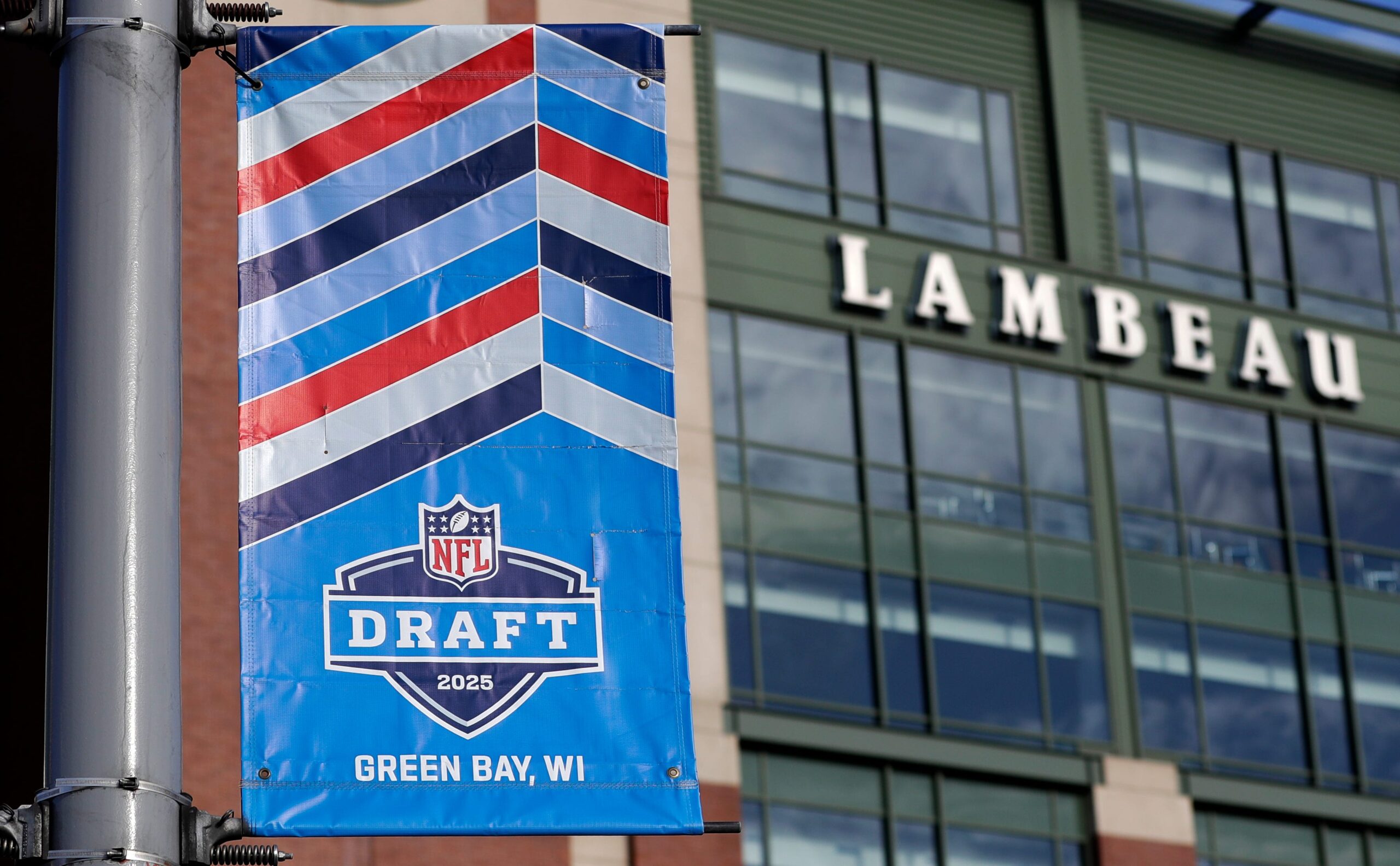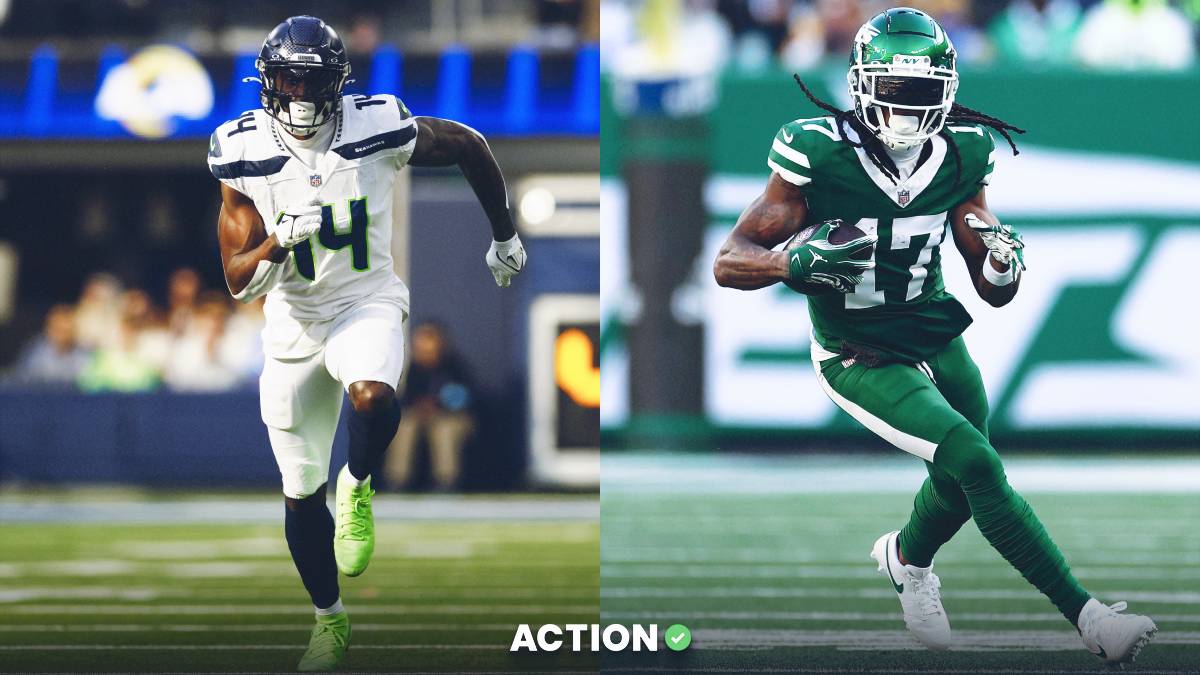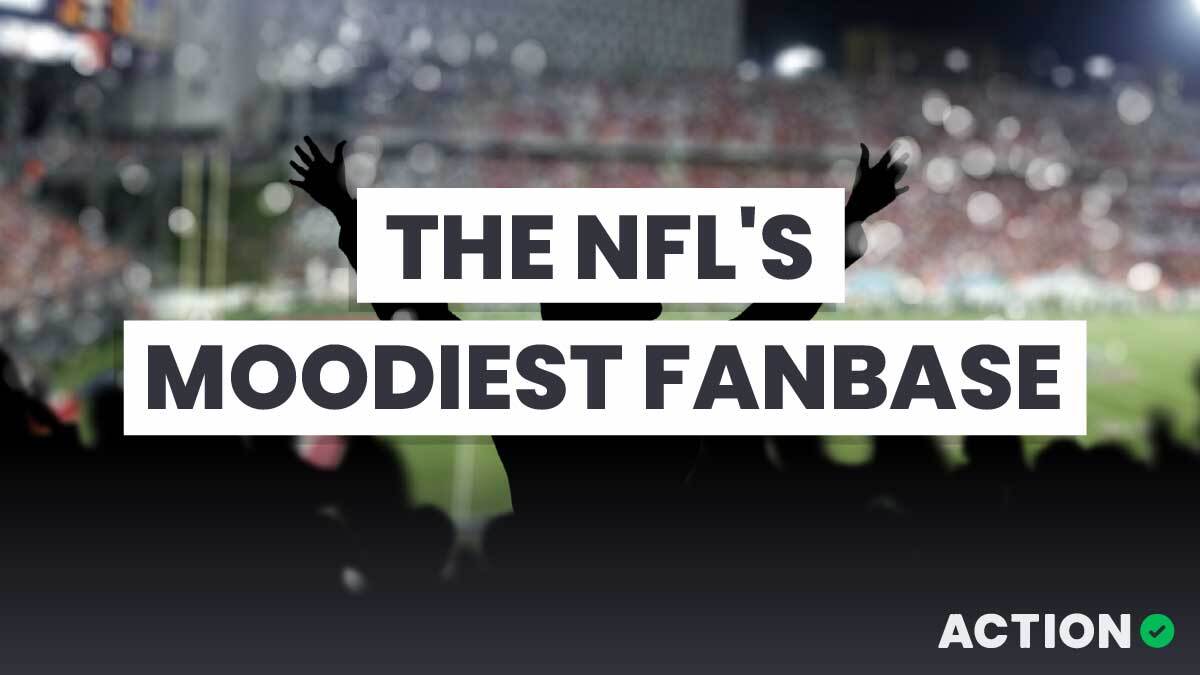Betting on NFL Week 1 is unique compared to the rest of the season. Week 1 odds open in April, giving fans, mainstream media analysts and bettors months to form opinions about these matchups.
However, very little changes between the end of the previous season and the beginning of the next to change the feelings of the majority of bettors. As a result, most still place wagers based on last season's perception of strength, despite coaching changes, player movement, draft additions, etc.
This, in turn, is one of the biggest mistakes made by the public when betting NFL Week 1, and by leveraging our Bet Labs data, we explain how savvy bettors can take advantage.
One of the key differences between sharp and recreational bettors is that the masses overreact to recent results. When it comes to Week 1 of the NFL season, there truly aren't recent results, so casual bettors tend to lean on the previous season to make wagering decisions.
Public bettors overwhelmingly back the "best" teams no matter the line. Oddsmakers understand this and shade lines accordingly to force those who blindly bet teams to take bad numbers.
And according to our Bet Labs software, history supports this trend.
Since 2005, teams that won six or fewer games the previous season are 64-39-2 (62.1%) against the spread (ATS) in Week 1. That's the best ATS percentage of any week of the season for the previous year's worst teams.
Note: I removed games in which two teams with six or fewer wins during the previous season matched up in Week 1 as those always result in a 1-1 record.
This makes real-world sense and falls right in line with our theory.
Bettors overreact to recent results, and in Week 1, those results are from the previous season. Since sportsbooks know money will be fading last year's bad teams no matter the line, they'll shade numbers to penalize those backing the popular side of those matchups, meaning savvy bettors can pick off extra value by taking those bad teams.
The point of this article isn't to necessarily convince you to bet on teams that won six or fewer games last year because there are a myriad of other factors that should be considered before determining if a side is offering value.
However, no matter which Week 1 bets you end up making, be sure that you're not overly reliant on data from 2018 because history says that's a losing proposition.


